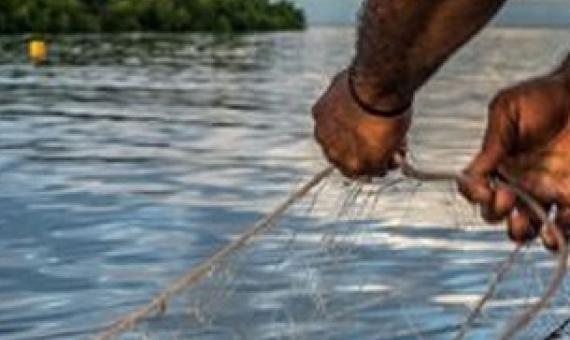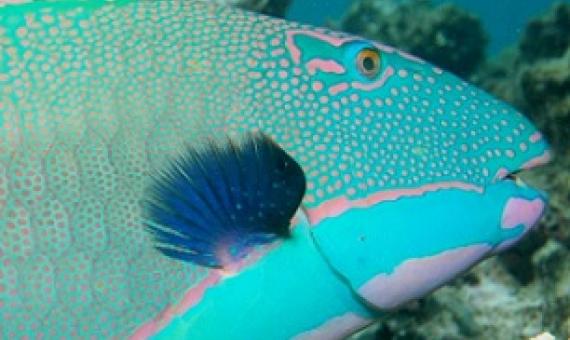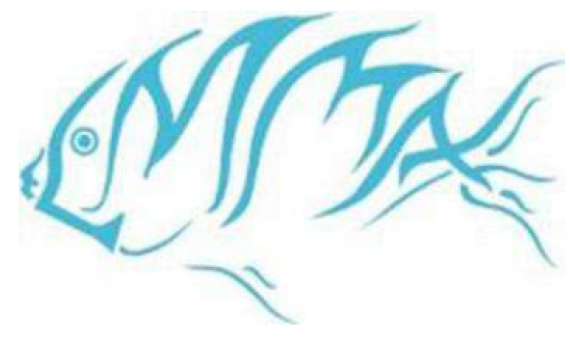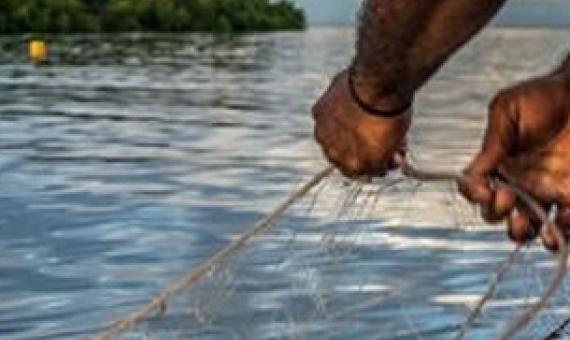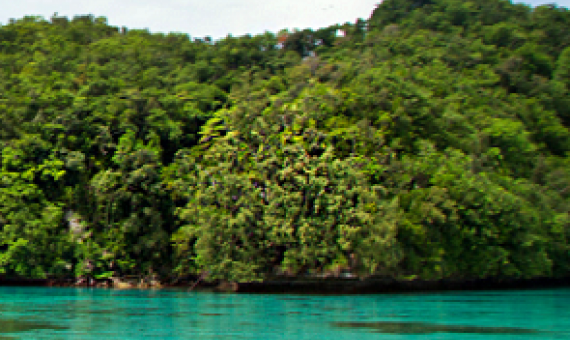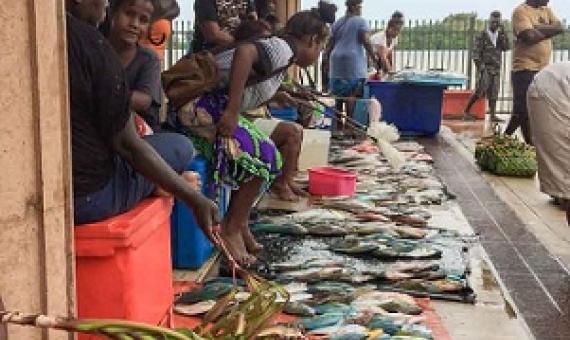Papua New Guinea has announced the establishment of two new marine protected areas (MPA) off the east coast of New Ireland Province. It covers 16,000 square kilometres, double the reserved marine area of what previously existed in PNG.
National-level evaluation of a community-based marine management initiative
Community-based approaches to conservation and natural resource management are considered essential to meeting global conservation targets. Despite widespread adoption, there is little understanding about successful and unsuccessful community-based practices because of the challenges of designing robust evaluations to estimate impacts and analyse the underlying mechanisms to impact. Here we present findings from a national scale evaluation of the ‘locally managed marine areas’ network in Fiji, a marine community-based management initiative.
Spatial Use of Marine Resources in a Village: A case study from Qoma, Fiji
Understanding the value of fishers’ Indigenous and Traditional Knowledge (ITK) and of fishers’ spatial use of customary fishing grounds is an important contributing factor to marine resource management. This study investigates and documents ITK of marine resources and the associated spatial knowledge of fishing areas in Qoma, a rural fishing village in Fiji. Using a sex-generational lens, our research combines theory and methods from Participatory Geographic Information Systems and ethnography.
The conservation of Marine Protected Areas (MPA) in the country will not affect the livelihoods of the fishing communities.
Establishing new protected fishing areas along Fiji’s Great Sea Reef, and expanding new ones will mitigate the 33% decline in fish stock.
Na Vuku Makawa ni Qoli: Indigenous Fishing Knowledge (IFK) in Fiji and the Pacific
The time-tested Indigenous fishing knowledge (IFK) of Fiji and the Pacific Islands is seriously threatened due to the commercialization of fishing, breakdown of traditional communal leadership and oral knowledge transmission systems, modern education, and the movement of the younger generations to urban areas for work and/or study. Consequently, IFK, which has been orally transmitted for generations, has either been lost, not learned by the current generation, or remains undocumented.
Communities in the Lau Group of islands have initiated sustainable fishing practices, says Fiji Locally Managed Marine Area (FLMMA) sustainable finance officer Peniana Wainiu. This was made possible after numerous consultations through the Lau Seascape Initiative.
Increasing temperatures globally not only engenders global warming but gives rise to ocean acidification, destroying marine ecosystems. Fishermen across Fiji say coral bleaching is an issue being noticed in some fishing grounds, causing a decline in fish stock.
Sustainable Fisheries Management was the subject of a leadership meeting at the Koror Constitution Hall...Koror’s reefs are intensely fished for subsistence, commercial, sports, and recreation.
A newsly established group known as Sepi Women Inshore Fisheries Initiative that engages women in the Fisheries Sector has been established last month. The Sepi women Inshore Fisheries Initiative comprises of 20 members from the Sepi Village, West Bugotu, Santa Ysabel. This newly form

